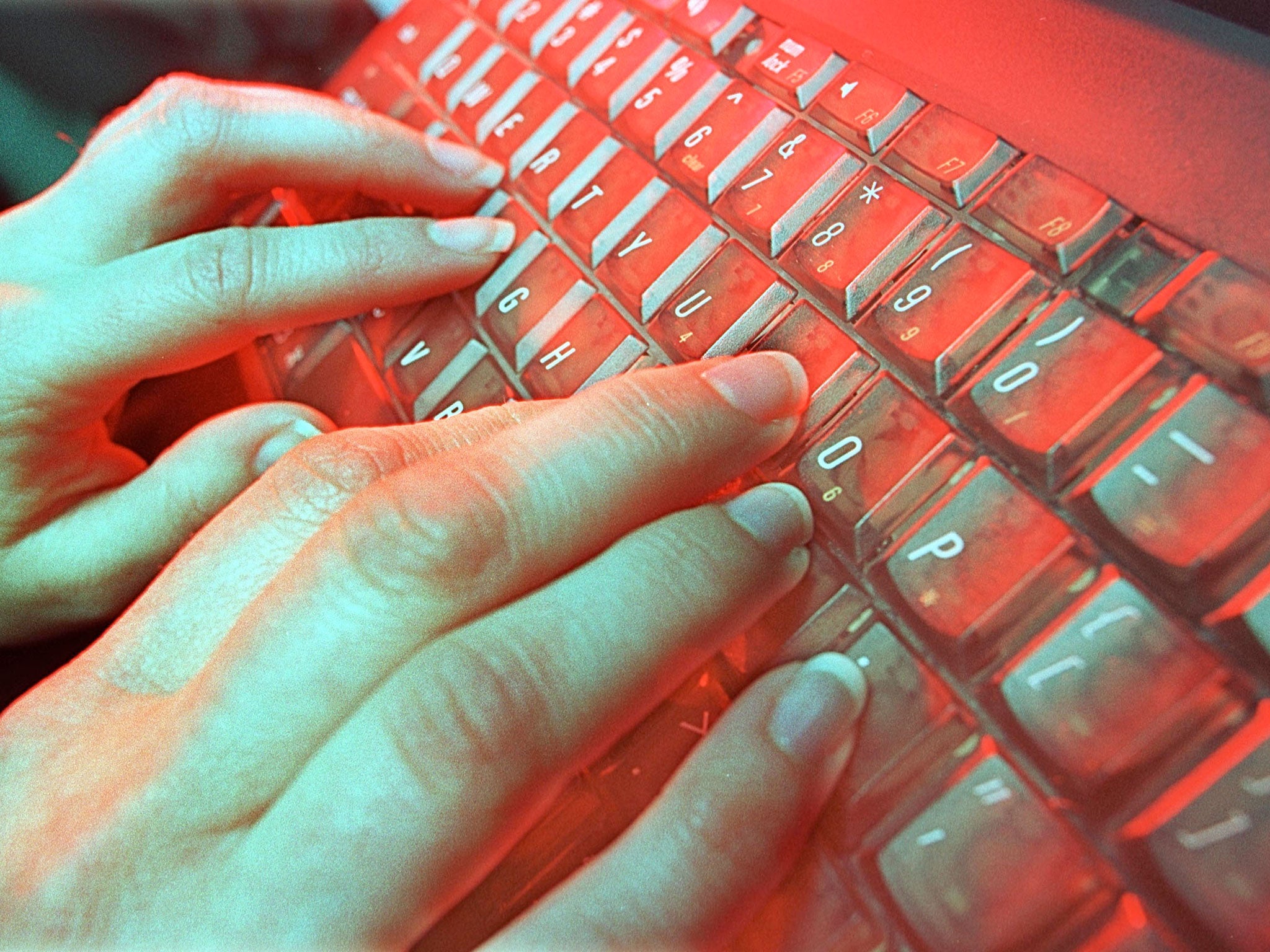Tech companies should do more to prevent internet viewing history being made public, says blogger
Blogger warns that 'regular people' are the likely target for the next big internet privacy breach

If you've watched porn online this year then you should be prepared for your browsing history and name to be made public for the world to see, a US blogger has warned.
Brett Thomas, a San Francisco-based software engineer, has written in a post on his blog that if you've watched porn online in 2015, "even in Incognito mode", then brace yourself because "you should expect that at some point your porn viewing history will be publicly released and attached to your name".
Thomas says that if hackers were able to get hold of a list of logs that can give them an idea of a users' name, plus logs for sensitive websites like porn, then the two could be cross-referenced to put a name to a viewing history.
Those two hacks would have to be large-scale and are unlikely — and both must take place at the same time — but Scott warns that technologists should work harder to prevent such leaks from happening. "All that's needed are two nominal data breaches and an enterprising teenager that wants to create havoc," Scott writes.
In 2014 hackers claimed to have leaked the password details of more than 13,000 Xbox and Playstation users, as well as users of online stores, and there have been regular instances of hackers posting internet users' bank details online.
In these instances users have been easily identifiable, but browser footprints, global identifiers and user tracking mean that even supposedly anonymous internet users could potentially be identified.
In August last year purportedly naked photographs of more than 100 celebrities were leaked online by a hacker onto the website 4chan.
Mr Thomas, a Harvard graduate, argues that "regular people" could be next.
"I think the next big internet privacy crisis could expose the private and potentially embarrassing personal data of regular people to their neighbors," he writes.
Join our commenting forum
Join thought-provoking conversations, follow other Independent readers and see their replies
Comments
Bookmark popover
Removed from bookmarks